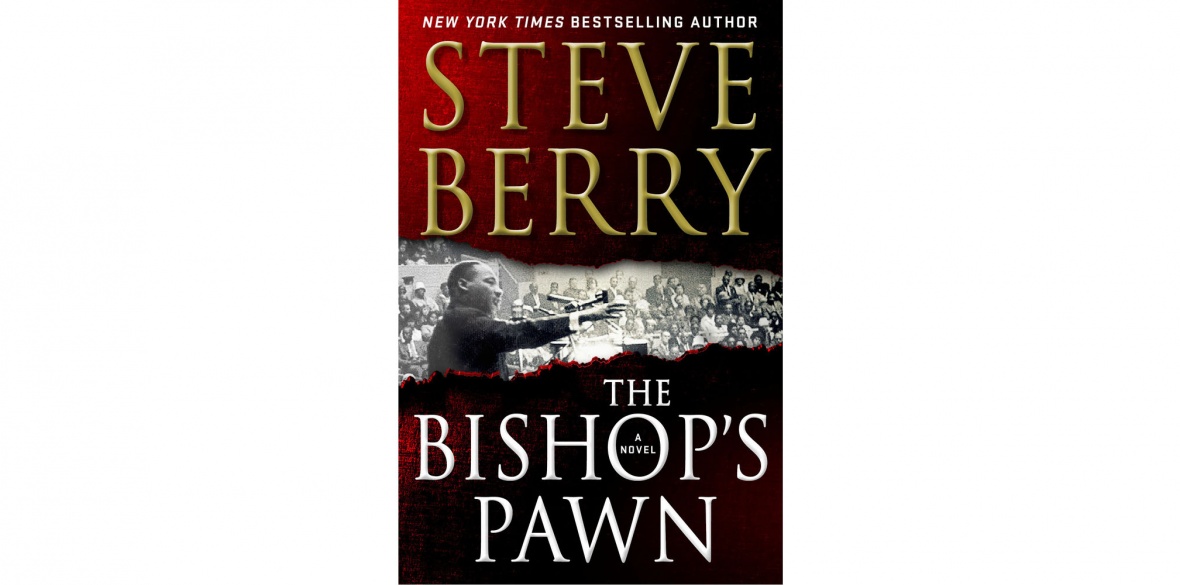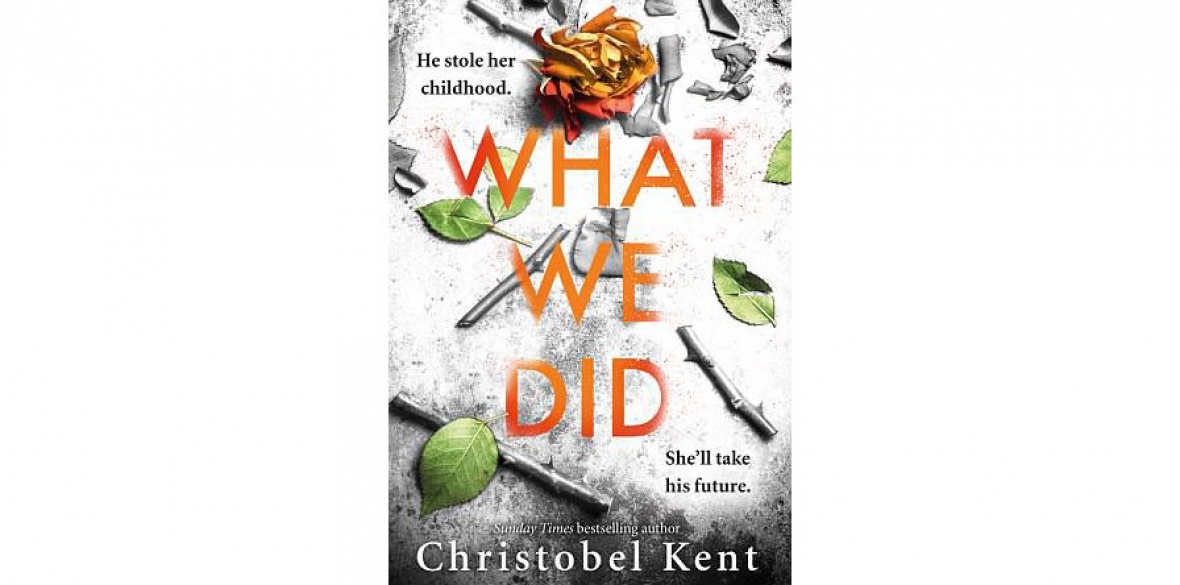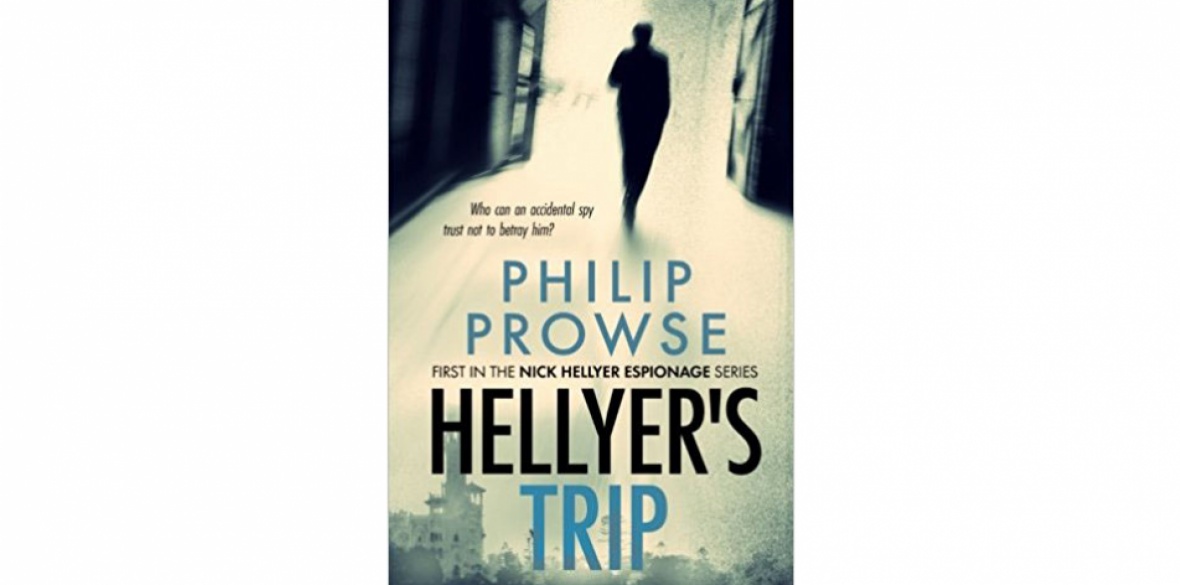This is the last article you can read this month
You can read more article this month
You can read more articles this month
Sorry your limit is up for this month
Reset on:
Please help support the Morning Star by subscribing here
IN THE Bishop's Pawn (Hodder, £17.99), Steve Berry takes his secret agent character Cotton Malone back to his first job for a US Justice Department caught in the middle of a battle to control the narrative of Martin Luther King's assassination.
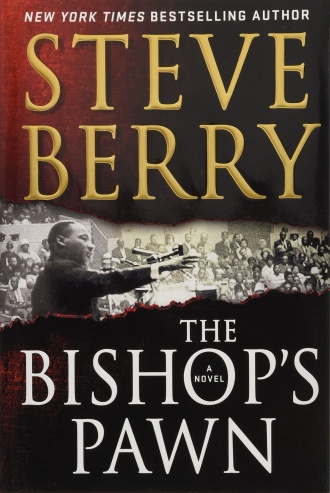
As usual with Berry, this is a history lesson wrapped up in a fast-moving chase story. And it's a well-researched one, with Berry particularly keen to remind us that King's work is far from finished.
It's also a revealing insight into the US liberal recasting of MLK, not as a radical convinced that capitalism was beyond reform but as a kindly vicar whose American Dream no reasonable person could possibly oppose.
The "getting-rid-of-the-body" plot is usually written as farce but Christobel Kent's What We Did (Sphere, £12.99) is a nerve-tingler, not a rib-tickler.

It follows the practical and emotional struggles of Bridget, who runs a dress shop in a quiet English university town, whose life is good in its essentials.
But it's restricted by the horrors of her past, until the day when the man who killed her childhood enters her shop with his latest victim in tow.
In a tense but unhurried thriller, Kent manages to champion victims without celebrating victimhood.
The accidental spy has always been a popular figure in espionage fiction, a reluctant agent's predicament being a good way of engaging readers' sympathies for an essentially unlovable trade.
Hellyer's Trip by Philip Prowse (Kernel, £6.49) is the first in a series about Nick Hellyer, a literature student kicked out of Cambridge University in 1966 after a psychedelia-related indiscretion in sinful London.

He's given an opportunity to win redemption, and indeed avoid the magistrate's court, by taking up a post as a teacher in Alexandria. With, of course, a few other duties on the side, on behalf of Her Majesty's Government.
Nick enjoys his clandestine involvements with lonely diplomatic wives but things become considerably more serious as the secret world counts down to the Six Days War.
This author knows and conveys his chosen period and place well, aided by a central character who displays exactly the right balance between naivety and foxiness.
In A Baby's Bones by Rebecca Alexander (Titan, £8.99), county archaeologist Sage Westfield is excavating a 16th century well in the garden of one of the unhappiest houses on the Isle of Wight when she finds human remains.
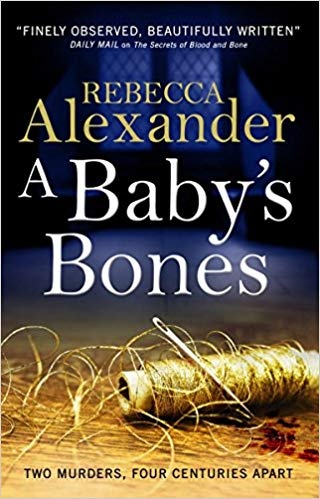
The owners needed her approval to build an extension to their listed property but now, stuck in a home full of strange noises and elusive intruders, planning permission is the least of their problems.
As we follow the story through concurrent narratives, one in the 1580s and one contemporary, more death comes to a house with a tragic present as well as a tragic past.
This is a novel offering full value — along with the archaeology and history we have small-town life on the island, a protagonist with a chaotic private life and thought-provoking scientific explanations for the seemingly supernatural.
It's an enjoyable feast.

